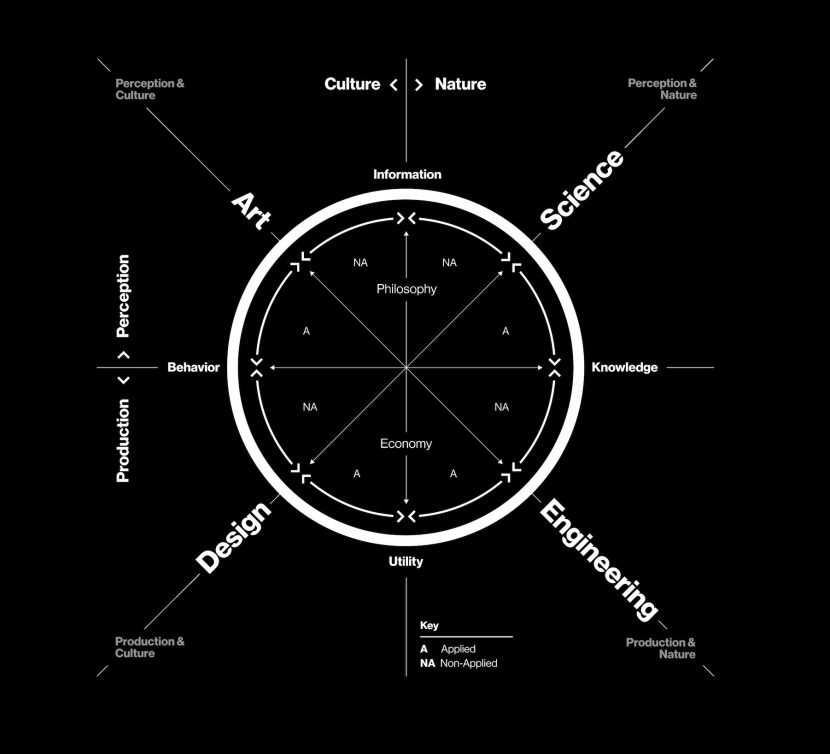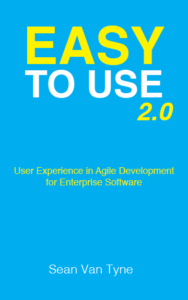Neri Oxman’s Krebs Cycle of Creativity
Inspired by the Krebs Cycle for citric acid, Architect, Designer and Associate Professor of Media Arts and Sciences at the MIT Media Lab, Neri Oxman created the Krebs Cycle of Creativity. Ms. Oxman explains that we usually think of Art is for expression, Science is for exploration, Engineering is for invention and Design is for … Read more










